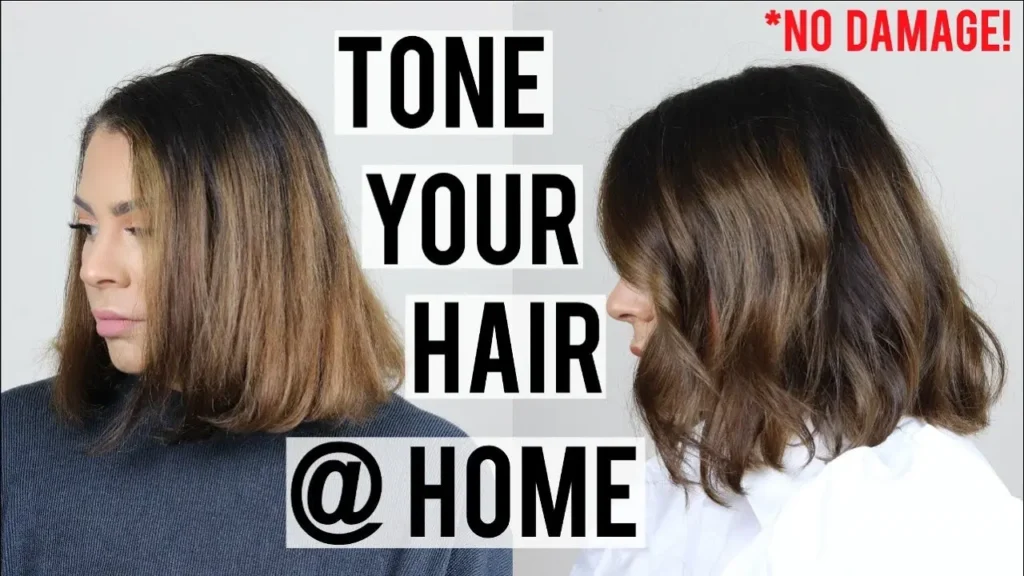
Does Toner Damage Hair Like Bleach Or After Bleaching Using Wella?
Some people believe toners will damage hair. It may be because they notice hair damage and then connect it to any chemical product they have been using – often, a toner, bleach or wella.
This would seem to insinuate that toner is bad for your hair and responsible for damage. However, there are many other factors – hair care routines, heat styling tools and chemicals, UV radiation etc. that contribute to damage and cannot be so easily pinned on the toner.
It’s true that toner may not be the best thing for hair, but we’ll make it clear in this article! We’ll first discuss a little about toner’s basic makeup and what it does, then go over about how people use it on their hair. By our conclusion, we hope you feel confident with how to proceed with your hair.
What Does Hair Toner Do?
Hair toner are products aim to even out hair that has a yellow or orange tinge following highlighting treatments.
Purple toners are better at removing yellow and gold tones while blue ones will neutralize orange hues.
After using a toner, your hair color will look cleaner and more dimensional. Toners do not change the hair’s natural color, but it does slightly affect its shade in a small way.
To get a full brass removal, you may need to apply toners more than once.
Does Toner Damage Hair?
This is a question that has sparked debate for years. There are hundreds of stylists blogs and articles on this topic, with the majority claiming that toners don’t damage hair and give it a bad texture.
Others claim they can do long-term damage, which leaves countless people looking for a reliable answer.
Here’s the thing: not every hair toner damages hair. Some don’t change the internal structure- they just coat your strands with a different texture.
Let’s make a distinction, then.
Toners often come in both deposit-only and traditional options. These can be used separately, but toner that require you to mix them with developers are a potential hazard.
Any product that opens up your hair cuticles could be damaging to your strands. If one of them is opened, it will lose elasticity & degrade the quality of your locks over time. – which can result in a number of different problems.
Consider What Your Hair Has Been Through
Product misuse and abuse can contribute to your hair’s premature weakening, a condition that amplifies the damage done by other factors, like heat styling tools.
A lot of people want to achieve the perfect blonde or light brown hair color without damaging their hair.
If you’re one of these people and have already put your hair through all the damage with a bleaching treatment, toner can actually worsen things by making your hair go too light, causing it to burn quickly.
Toners are not suggesting or approved for use on just-processed hair. The chemicals they contain can cause a lot of damage to your hair and lead to breakage.
Risk of Toner Damage Is Low in Most Cases
In general, hair toners with developer are safe when used correctly. However, improper or compromised hair is more susceptible to damage.
Signs of Toner Damage
Did you know that there are plenty of ways to tell if your hair is damaged by toner? For example, the following is a list of possible indications:
- Your hair is breaking off.
- Your hair won’t hold color.
- Your hair is dull or lifeless.
- Your hair is dry and brittle or frizzy.
- You have split ends.
- Your curls don’t bounce back.
- Your hair feels like straw.
Note: The various damage signs you see can be caused by bleach or other hair lightening methods before toning.
How To Use Toner Without Damaging Hair
Wondering how to prevent toner damage? Follow the instructions on your package of course, but also study the helpful tips in this article.
Use the Right Developer
When you choose your toner, be sure to check what type of developer the manufacturer recommends. Usually, it will be a 10 or 20 volume developer.
When you use a 10 volume developer, you deposit color without opening your cuticles or damaging the hair as much.
The likelihood of your hair becoming damaged with a toner is low when using a 10 volume developer. So if you’re looking for long-lasting results, why not try it with volume 10 developer?
A 20 volume developer is applied to sections of hair to lift the color in extreme cases. This will help remove brassy/orange tones.
Keep in mind that 20 volume developers can cause your hair to break and be brittle.
Avoid Cheap Toners
When choosing a hair toner, you should focus on quality and not the price. Not only will you have to pay more for a high-quality toner that’ll leave your locks looking gorgeous, but it will be a better investment in the long run.
Toning is an important step in the process of coloring, as not all toners are made equally.
Some cheap toners contain chemicals that are high up on the list of potential hair damaging ingredients.
These chemicals make your hair dry and frizzy, which can be a massive problem for those with even slightly damaged or color-treated locks.
Taking care of your hair after lightening it is important. Chemical-free hair products are the best way to do that, and remembering to keep track of your natural color before applying anything new is key.
Don’t Overprocess Bleached Hair
Overprocessing is using a toner on hair that’s been overbleached, or leaving the toner on your hair for longer than the recommended time.
The toner can take around 30 minutes to process in most cases. Once it has, you can rinse it off.
Be Careful with Ammonia Based Toners
Ammonia has been linked to skin irritations and is advised against in toners. The safer alternative is a line of ammonia-free toners, including toning conditioners and shampoos.
Ammonia-based toners can change the natural structure of your hair, so be careful with how often you use it (or when considering a permanent color).
It’s great that these toners can help transform your hair, but they still can cause dry, brittle & limp hair just like color and bleach.
We don’t want to make you worry for no reason. When we use ammonia-based toners, the ammonia content is usually not high. The risks are still present though.
So, we recommend that you use ammonia-free toners to help protect your hair from damage when possible.
It’s also worth noting that before using an ammonia-based toner, it is a good idea to examine your hair
If your hair is damaged, focus on repairing it with deep conditioning masks and moisturizing oils before you color.
The Pros and Cons of Hair Toners
The good and bad points of toners are many and to make sure you’ve got all the facts we’ve put a list down below.
Pros
- Toner can help refresh your hair color- and give you the same effect as if you just stepped out of a salon. When our hair’s color starts to fade or we notice some brassiness, toner can revitalize it and make it look like when we just had it done at the hairdresser.
- Getting your hair coloured can be expensive, but there are other options to consider. A toner can provide natural looking results that you might like better than a full dye-job. However, when getting your hair toned make sure to read the instructions carefully – as they might only be suitable for certain types of hair colours.
- Toners are really easy to use. Following the instructions on the packaging will usually result in a great outcome.
- A toning shampoo and conditioner can help make your hair color look better without risking significant hair damage. These products are great for anyone who’d rather avoid the ingredients you might find in chemical toners.
Cons
- Most toners start to fade after one wash. So you might want to get used to this process because it won’t go away anytime soon. And since every time you tone there is more chance for breakage and dryness, be cautious and start with the lower volume developer.
- If you’re inexperienced with toners, they might not turn out how you want. If the wrong color is chosen or the toner is left on too long, there may not be any desired results.
Conclusion:
“Does toner damage hair?” Unfortunately, there’s not a one-size-fits-all answer to this. It will depend on the type of toner and how it’s used.
If you have more questions about using toners, please reach out to your local colorist for some advice. I am sure they will be glad to help you with any other problems you are facing.
The beauty expert will be able to advise you on the range of shades that would suit your skin tone and type. We hope this helps!



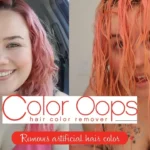
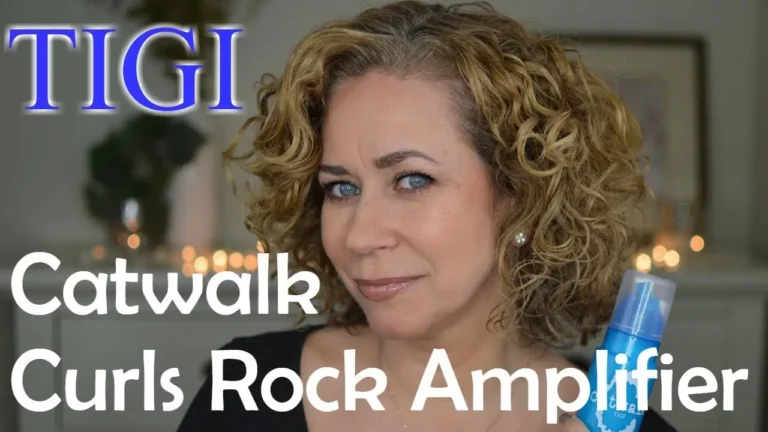
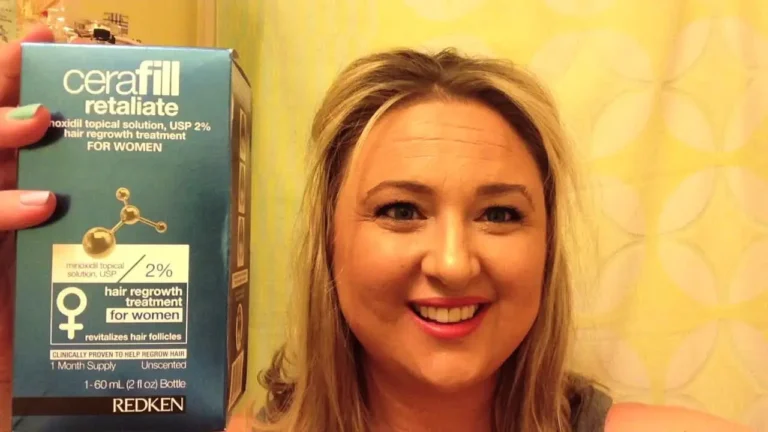
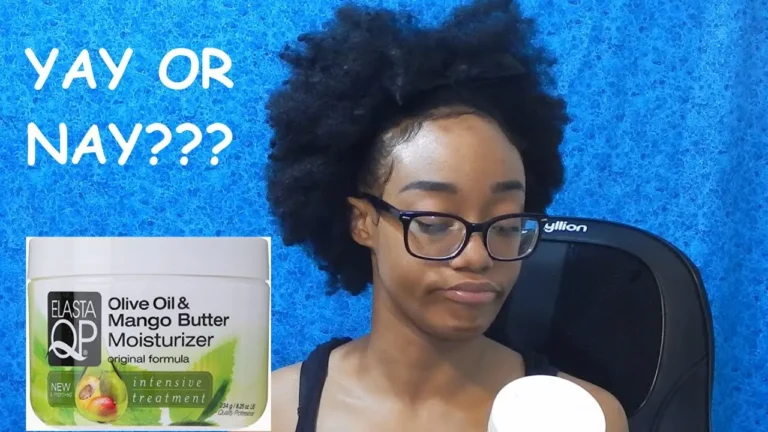

Comments are closed.